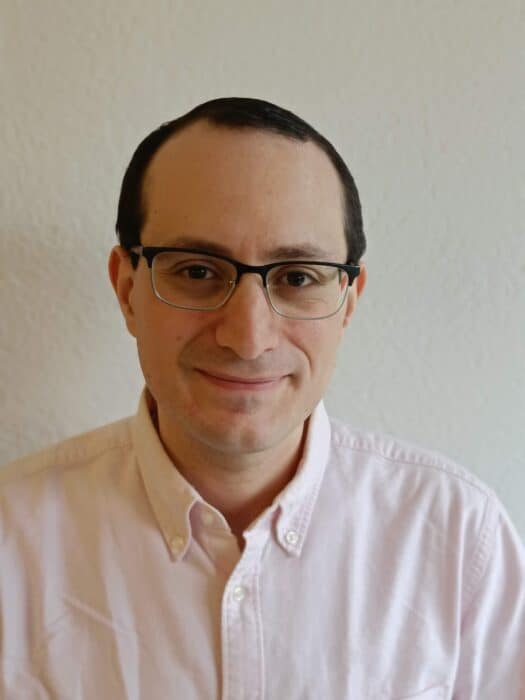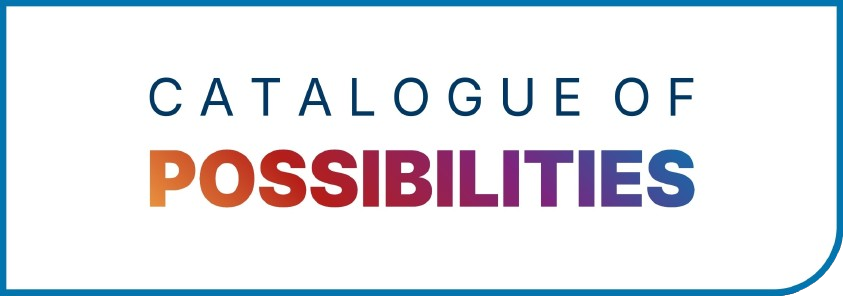Dr Luiz Felipe Aguinsky he/him

Lecturer
Strategic Research Areas
My passion is uncovering the physical and chemical processes powering the incredible electronic technologies which dominate modern life! For that, I use simulation tools to better understand how electronic devices work, how they are fabricated, why do they stop working, and how we can make them better. I use computational tools starting from those based in quantum mechanics all the way to AI and machine learning, often employing the biggest supercomputers in the world.
I am looking forward to finding collaborations at the intersection of nanoelectronics, condensed matter physics, and surface chemistry. In particular, I am quite keen on help form interdisciplinary teams involving the extraordinary experimental facilities available here at the University of Glasgow, such as the James Watt Nanofabrication Centre. For example, I would be eager to support a team investigating how the plasma etching process operates at the atomic level.
My philosophy about supervising revolves around two central keywords: Autonomy and equity. I believe that a PhD project requires substantial creativity, therefore a postgraduate researcher should be able to freely explore different themes, topics, and techniques. At the same time, the role of the supervisor is to provide individualized support during the entire process. This means that not everyone needs to be treated in the exact same way, but each according to their needs. I am always eager to have deep conversations not only about technical challenges but also providing mentorship and support in aspects such as career development.
I have always had an interdisciplinary and multicultural streak all throughout my research career. I started my studies in Brazil in Economics and Psychology, before changing fields and graduating with a BSc in Physics. However, my interest in interacting with different cultures was sparked after a six month exchange in Canada, so I moved to Germany to study Simulation Sciences. I then went to Austria for my PhD in Electrical Engineering, followed by a research fellowship in Switzerland. In 2025 I decided to have another linguistic change by moving to Glasgow, where I teach in the transnational educational programme of Glasgow College, UESTC in China.

